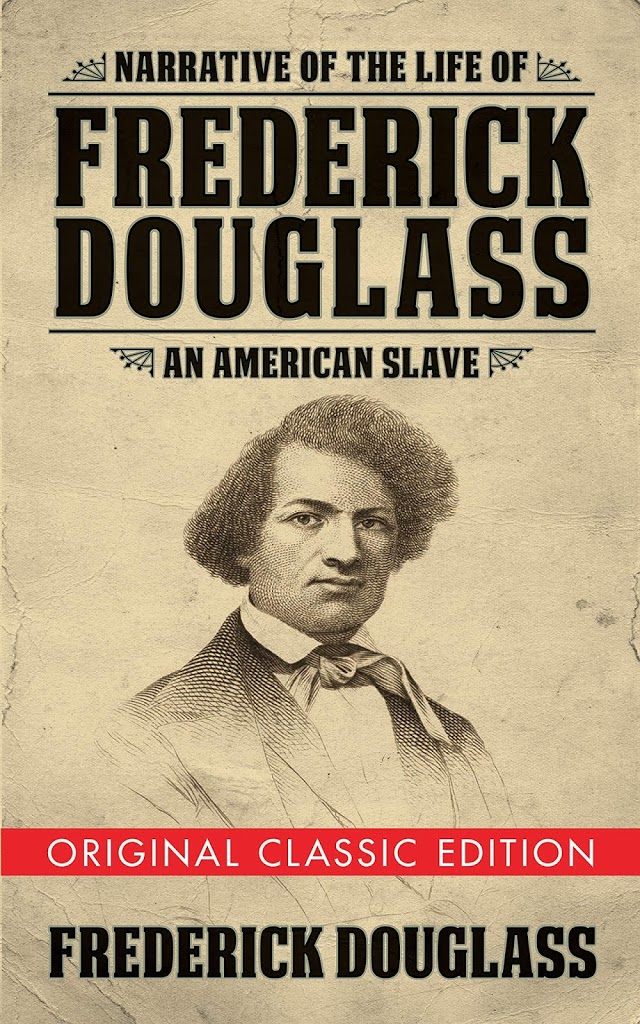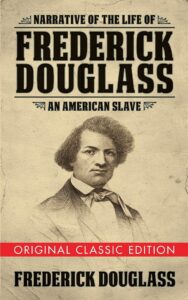Narrative of the Life of Fredrick Douglass, an American Slave was an interesting read, my relationship with it is complex. My introduction to Douglass comes from his landmark speech, “what to the slave is the 4th of July?” in which Douglass makes several compelling, sobering, and inspiring arguments. As much as I would like it to be, this book is not as good.
To me, the book is at its strongest when describing the transition from being a slave to being a free man. Douglass was born, neigh, bread into slavery and his path out of it is worth telling and retelling. This is a transition that is still very much part of modern America and of every individual’s life. The fight to be free is at the heart of the American dream.
The essence of the journey can be described by this spliced snippet of conversation overheard from master Hughes to Mrs. Hughes
“If he learns to read the Bible it will forever unfit him to be a slave. He should know nothing but the will of his master, and learn to obey it. As to himself, learning will do him no good, but a great deal of harm, making him disconsolate and unhappy…”
and then Douglass’s reaction
“The effect of his words on me was neither slight nor transitory. “Very well,” thought I. “Knowledge unfits a child to be a slave.” I instinctively assented to the proposition, and from that moment I understood the direct pathway from slavery to freedom.
The rest of the book can be summed up by saying “I prayed for freedom for twenty years, but received no answer until I prayed with my legs.”
In Douglass’s case the plight was extraordinarily literal, but the lessons he shares are applicable to anyone trying to free himself from chains metaphorical, intellectual, or otherwise.
At its base, this book purports to be a chronicle of the horrible way slaves were treated in the antebellum south. Douglass brings a touching personal narrative to the conversation, but on this note, the book does not live up to the sharp argumentation established by Douglass’s landmark rhetoric.
My biggest complaint with the book is that Douglass seems to present American slavery as the most hideous social manifestation of evil. He goes so far as to describe it as the polar opposite of Christianity, even evoking religious scenery to make his case “devils dressed in angels’ robes, and hell presenting the semblance of paradise.” I don’t disagree with the direction, but there is no doubt that the argument is overwrought. Compare Douglass’s experience to Victor Frankle’s in Nazzi Germany, or worse still, Alexander Solzhenitsyn in the Gulag Archipelago. For that matter, compare it to the Hobbesian state of nature; slavery is not as alien as Douglass would make it out to be, nor is American slavery a particularly hideous example. I say this not to minimize the atrocity of American slavery (there is no doubt that it is a serious blemish in this shining city on a hill) but to put it into factual context.

